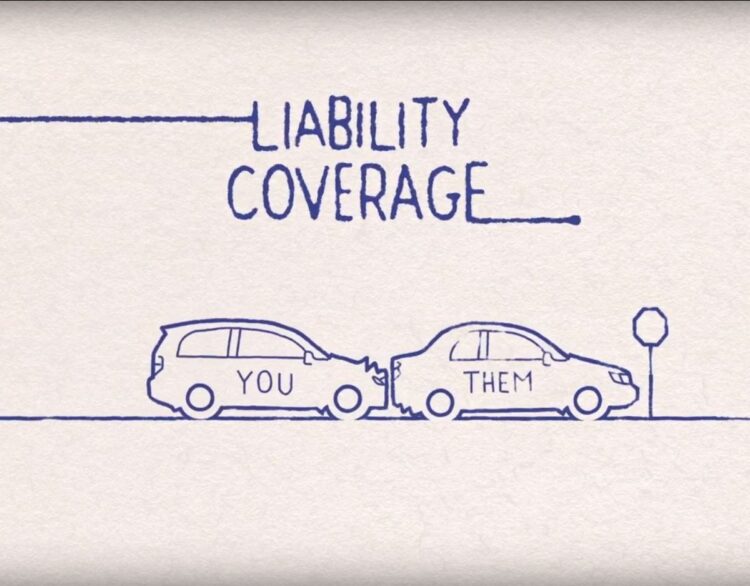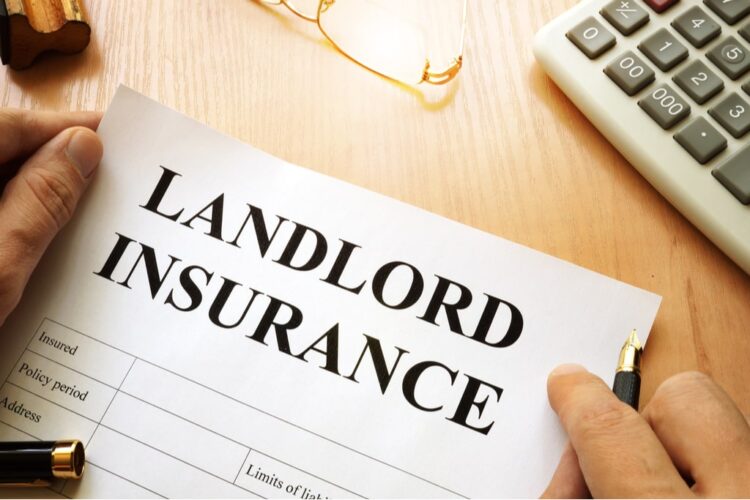Condo landlord insurance policy covers certain risks that a landlord may be exposed to when leasing out their condo or house for a long time. This kind of coverage includes liability cost, property damage, and loss of property rental income.
It is an important way to protect against various risks associated with leasing your property to tenants. Depending on the insurance company, this insurance policy sometimes provides similar coverage like the homeowners’ and tenant’s content insurance.
However, due to the extra and additional features that condo landlord insurance covers, the rate may be as much as 30% more than the other types of property insurance.
It is important to note that condo landlord insurance coverage is not mandatory by law. It is entirely left to you to purchase the coverage or not. Do you need to speak with an insurance company agent, or do you need help finding a good condo landlord insurance policy? Read more.
Page Contents
Benefits of Condo Landlord Insurance
Condo landlord insurance policy varies for different insurance companies, with each company having unique features. Still, it mainly covers loss of rental income, liability coverage, property structure, landlord’s belongings such as furniture, etc.
The benefits of condo landlord insurance and the things its covers are listed and explained as follows.
Liability Coverage

Source: allstate.com
A liability policy protects you against the financial risks associated with the cost of medical care and legal representation for injuries that occur on the property. Condo landlord insurance policy will cover the costs of medical care if your tenant or a visitor gets injured on your property.
You may also acquire other types of insurance coverage for your property if the limitations of this policy aren’t enough to cover future losses and you want to enhance your coverage.
Dwelling Coverage
Similar to other types of property insurance, condo landlord insurance protects against physical damages caused to the structure of the building. For instance, damages on the roof, walls, and fittings of the construction are covered.
Coverage for the landlord’s personal property

Source: investopedia.com
Unlike the tenant’s content insurance coverage, the condo landlord insurance policy does not protect the tenant’s personal belongings. This type of coverage only covers items the landlord owns, properties like furniture, generator, extractor, etc.
Loss-of-rent coverage
This policy protects against lost rent payment if the property you lease is uninhabitable as a result of a covered peril. It can be seen as a rent guarantee insurance coverage that extends to a certain agreed period.
This is not always part of the landlord insurance policy. However, if you want this kind of coverage, you should inquire from your insurer or check the policy before purchasing it.
Additional Coverage You Can Add To Condo Landlord Insurance Policy

Source: avail.co
It is often asked if you can consider extra coverage with a condo landlord insurance policy. Yes, you may also consider additional coverages to protect against vandalism, building codes, rental properties under construction, theft, etc. The additional coverages you can consider are:
Non-Occupied Dwelling Validation
In a situation where the property is unoccupied for 30 days or more, your insurance company may not protect you against any claim during this period until the property is occupied. Non-occupied validation will cover you during that period by extending your coverage.
Building Code Protection

Source: brandt.us
Building codes govern the construction, designs, and standard of commercial and residential buildings. It indicates the minimum required standard that a building must attain to assure the safety of the occupants.
This policy will cover the additional cost of renovating the building when periodic maintenance or repairs are to be done to maintain the minimum required standard.
Air Cooling or Heating Loss Reimbursement
This coverage compensates for any form of payment made to tenants due to the breakdown of the cooling and heating system in the property.
What Condo Landlord Insurance Does Not Cover

Source: martinco.com
Although condo landlord insurance policy helps to protect against certain eventualities, there are also things excluded and not covered by this insurance policy. These include:
Tenant’s Personal Belongings
Condo landlord insurance does not protect the tenant’s personal belongings like clothes, books, furniture, electrical gadgets, etc.
For the tenants to be covered, they need to purchase a tenant’s content insurance policy. Some landlords request proof of this kind of coverage before signing the tenancy agreement. This protects the tenants against loss or damages caused to their personal belongings by the fire, theft, flood, etc.

Source: express.co.uk
Sometimes, one might be living in an apartment and subletting one of the rooms. Condo landlord insurance policy does not cover this kind of situation. However, you may want to ask your insurance company whether you can provide some additional coverage that may include protection against this kind of scenario.
Equipment Breakdown
Condo landlord insurance policy doesn’t protect you against equipment breakdown or cost of repairs. If the dishwasher or oven in the apartment breaks down, the insurer is not liable for the cost of repairs of such equipment, and you will have to pay for the replacement or repairs.
How Much Does Condo Landlord Insurance Cost?

Source: forbes.com
Condo landlord insurance is about 30% more expensive than other forms of property insurance coverage. If regular property insurance costs $1,000, you may be expected to pay approximately $1,300 for a condo landlord insurance policy.
Although the rate may vary from location to location and within different insurance companies, this form of insurance is slightly expensive because of the benefit of the insurance coverage.
The higher rates are due to the additional risks that a condo landlord is exposed to compared to other forms of property insurance policy, including liability coverage, health liability risk posed by tenants, and loss of rental income.
Contact the accredited insurers in your area and compare the rates and features to get the best deal if you need more information about the policy.
Endnote
Although condo landlord insurance coverage is not mandatory by law, it is only wise to safeguard yourself against unforeseen circumstances. It makes sense to talk to a professional who can help you obtain the policy at discounted rates. Make sure you obtain an understanding of what is covered and what is not to avoid any disputes and confusion in the future.





